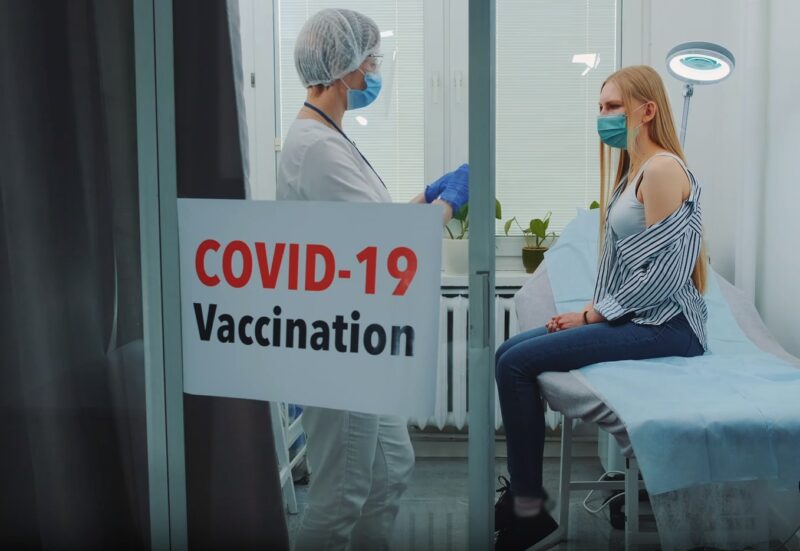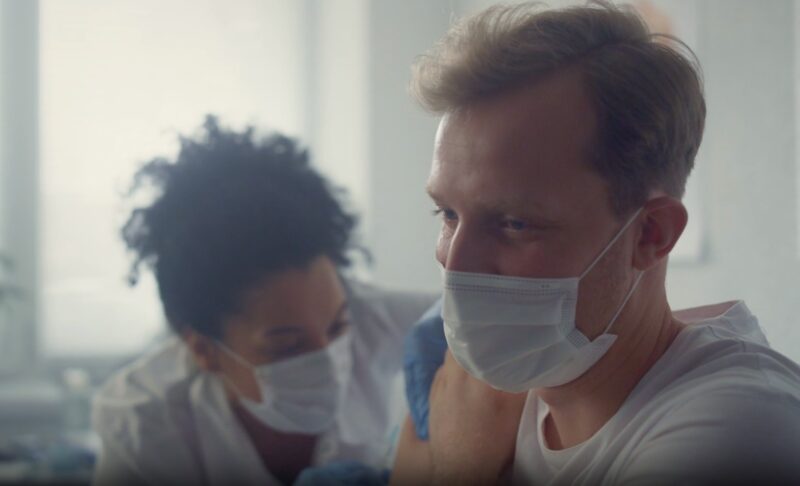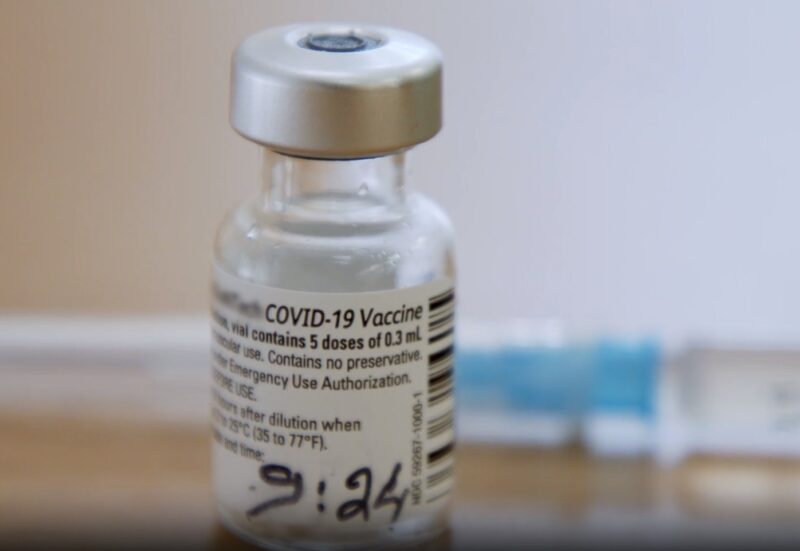Religious exemption for vaccines, including the COVID-19 vaccine, refers to the right of individuals to refuse vaccination on grounds of religious beliefs. This concept, rooted in the freedom of religion, is recognized in many countries, but the process and acceptance criteria can vary.
Legal Framework
The legal basis for religious exemptions from vaccinations lies in legislation and court rulings. In the United States, for instance, the First Amendment provides for religious freedom, which can be interpreted to include vaccine exemptions. However, this right is not absolute and is balanced against public health concerns.
Criteria for Religious Exemption
Claiming a religious exemption is not simply a matter of personal belief against vaccines. The criteria often require the individual to demonstrate that their refusal is based on sincerely held religious beliefs. This does not necessarily mean mainstream religious doctrine must explicitly oppose vaccination.
The Application Process

The process typically involves submitting a formal request to the relevant authority, like an employer, school, or government agency. This request should clearly state the religious basis for the exemption. Some jurisdictions may require additional documentation or a signed affidavit.
Documentation and Statements
When preparing documentation, it’s crucial to articulate how your religious beliefs conflict with vaccination. Generic opposition to vaccines is not sufficient; the focus should be on religious doctrines or teachings. In some cases, a statement from a religious leader may strengthen your claim.
Review and Approval
After submission, your application will undergo a review process. Authorities evaluate the sincerity and religious nature of the claim. Approval is not guaranteed, and some applications may be denied if they don’t meet the specific criteria set by the governing body.
Challenges and Considerations
Claiming a religious exemption is a complex process with legal and ethical considerations. It’s essential to understand that exemptions may impact public health efforts and can lead to restrictions in certain environments. Moreover, the evolving nature of laws and policies around vaccinations and religious exemptions requires staying informed.
Navigating Legal and Ethical Complexities

The intersection of religious freedom and public health presents legal and ethical challenges. Applicants must navigate these complexities while respecting the broader implications of their exemption. Authorities reviewing the applications must balance individual rights with community health needs. This balance is crucial in ensuring that exemptions are not misused and that public health is not compromised.
Engaging with Religious Communities
Understanding the stance of various religious communities on vaccinations can be helpful. While most mainstream religions do not oppose vaccinations, there may be specific sects or interpretations that do. Engaging with your religious community and leaders can provide support and clarity on how to articulate your beliefs in your application.
Responding to Denials
If your application for exemption is denied, you have options. Many jurisdictions offer an appeal process. It’s important to understand why the application was denied – whether due to insufficient evidence of a religious belief or a failure to meet specific criteria. Addressing these issues in your appeal can improve your chances of success.
Ethical Considerations

Applying for a religious exemption is not just a legal process but also an ethical decision. It involves weighing personal beliefs against the potential impact on public health. This decision should be made with a sense of responsibility towards the community and an understanding of the risks involved.
Future Implications
The landscape of religious exemptions is evolving, especially in the context of the COVID-19 pandemic. Legal precedents, public opinion, and the course of the pandemic itself can influence policies. Staying informed about these changes is crucial for anyone considering or having claimed a religious exemption.
FAQs
Can I claim a religious exemption if my objection to vaccines is based on personal, philosophical beliefs?
No, personal or philosophical beliefs, even if deeply held, do not qualify for a religious exemption. Religious exemptions specifically apply to beliefs rooted in religious doctrine or teachings.
Is a letter from my religious leader mandatory for claiming a religious exemption?
While not always mandatory, a letter from a religious leader can strengthen your claim, especially if it details how your specific religious beliefs are in conflict with vaccination. However, the requirement for such a letter varies by jurisdiction.
Can my employer deny my religious exemption request for the COVID vaccine?
Yes, employers can deny a request if they believe the exemption is not based on a sincerely held religious belief or if granting the exemption poses an undue hardship on the employer, such as compromising workplace safety.
Are there any consequences if my religious exemption claim is found to be insincere or fraudulent?
Yes, submitting an insincere or fraudulent claim for a religious exemption can have legal consequences, including penalties or disciplinary actions, especially if it’s filed in a work or educational setting.
If I’ve previously taken other vaccines, can I still claim a religious exemption for the COVID vaccine?
This depends on the specific circumstances and the nature of your religious beliefs. You may need to explain how your current religious beliefs specifically conflict with the COVID vaccine, despite previous vaccinations.
How does claiming a religious exemption affect my access to public facilities or events?
This can vary. Some facilities or events may impose restrictions on individuals who are not vaccinated, even if they have a religious exemption. These restrictions are often in place to protect public health.
Final Thoughts
Claiming a religious exemption for the COVID-19 vaccine requires a thorough understanding of legal, ethical, and religious dimensions. It’s a process that demands sincerity, responsibility, and a deep understanding of both personal beliefs and public health considerations. While the right to religious exemption is recognized, it carries with it a significant responsibility to the broader community.
